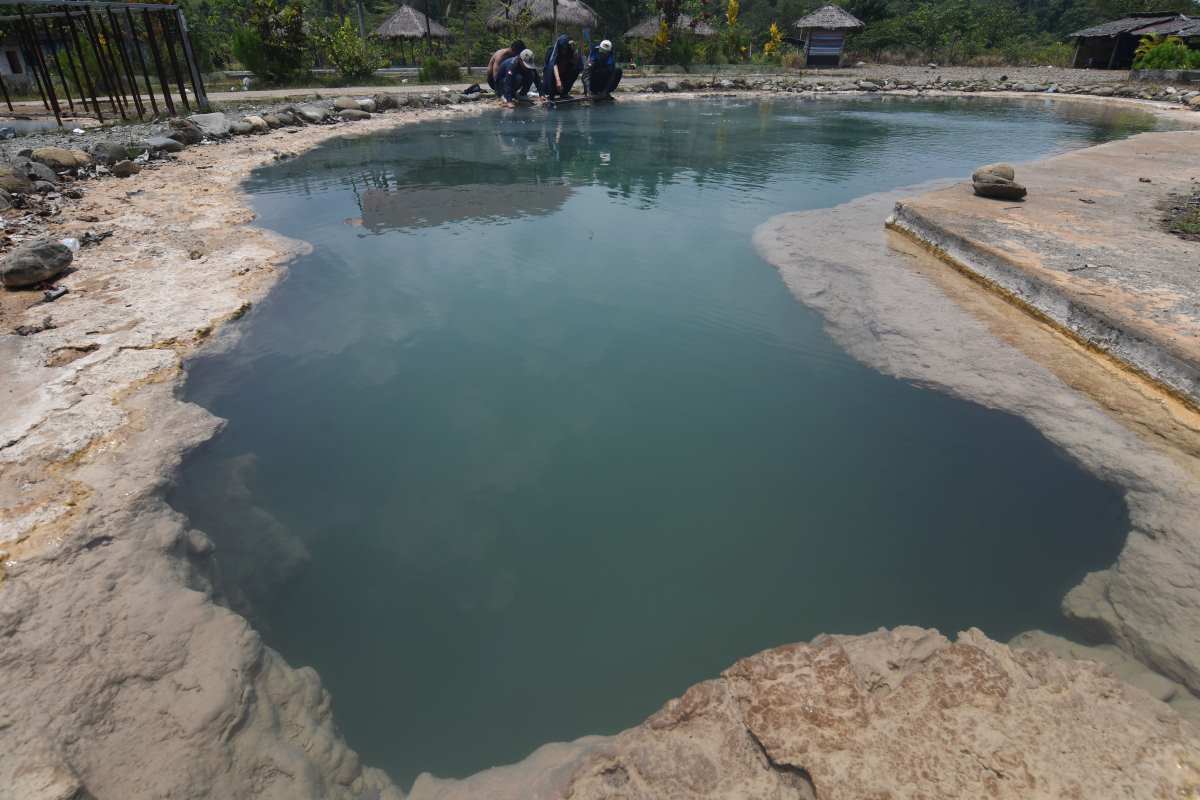Unlocking the Recipe for Sustainable Hydrogen Extraction: A Geochemical Perspective
Key Ideas
- Global demand for hydrogen is rising, with current production primarily from hydrocarbons. However, research from British and Canadian geochemists outlines a recipe for identifying clean sources of natural hydrogen underground.
- Various colored sources of hydrogen are identified, from renewable to nuclear to natural gas, offering multiple pathways for sustainable production.
- Exploration strategies developed by experts from the University of Oxford and Durham University aim to assist in locating valuable hydrogen deposits in a manner that minimizes greenhouse gas emissions.
- The successful identification and extraction of abundant hydrogen resources could play a pivotal role in achieving a low-carbon energy transition worldwide, making hydrogen a crucial element in combating climate change.
In a recent study, geochemists from the Universities of Oxford and Durham in the UK, along with the University of Toronto in Canada, have presented a roadmap for identifying and extracting clean sources of natural hydrogen underground. As global demand for hydrogen continues to grow, particularly in sectors such as fertilizer production, steel manufacturing, and energy generation, the need for sustainable hydrogen sources becomes increasingly critical. Currently, the majority of hydrogen is produced from hydrocarbons, contributing to global CO2 emissions. However, the research highlights various sources of hydrogen, categorized by different colors representing their production methods.
The study emphasizes the importance of exploring different geological systems to locate hydrogen deposits efficiently, focusing on factors such as rock types, conditions, and the presence of key elements like iron and uranium. By employing a 'first principles' approach, researchers aim to streamline the process of identifying potential hydrogen reservoirs.
Moreover, the potential for storing hydrogen underground is discussed, with experts underscoring the importance of avoiding environments that could lead to hydrogen depletion due to microbial activity. By combining the right ingredients – both geological and environmental – researchers believe that a successful exploration recipe could pave the way for a competitive, low-carbon hydrogen source.
Overall, the study sheds light on the promising prospects of hydrogen as a key player in the global energy transition towards a sustainable and greener future. By leveraging geochemical knowledge and exploration strategies, the path to unlocking clean and abundant hydrogen sources appears more feasible, offering a significant contribution to mitigating climate change and advancing renewable energy technologies.
Topics
Production
Renewable Energy
Climate Change
Sustainability
Research
Energy Industry
Exploration
Geology
Geoscience
Latest News
